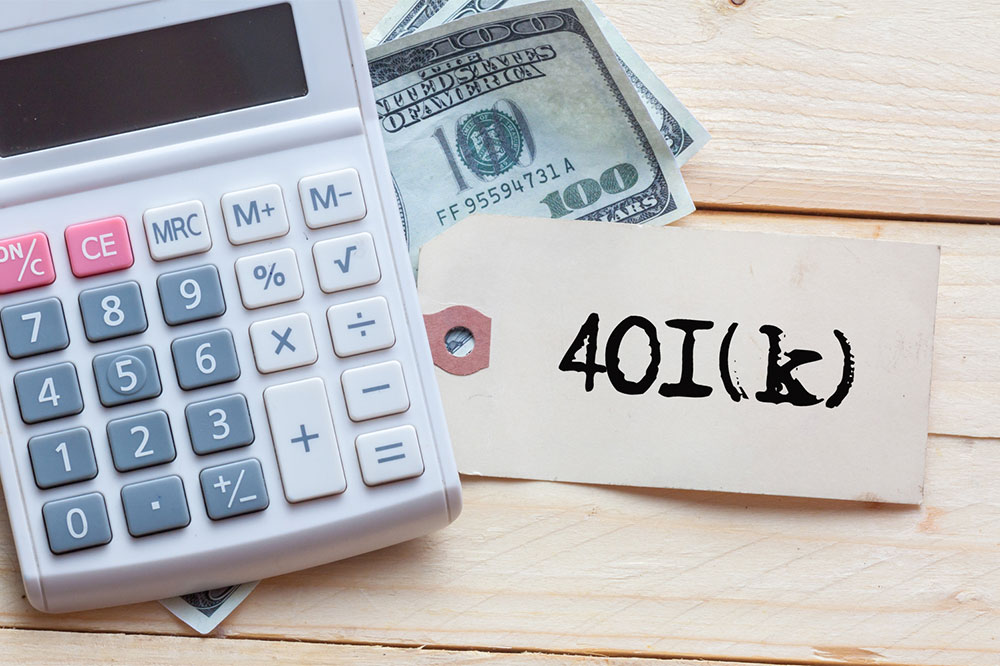
Things to Know Before Taking a 401(K) Loan
Retirement plans like 401(K) and 403(b) may also allow you to borrow money from the accounts in case of an emergency. A loan from 401(K) can be helpful if you are facing a financial crisis or need money for a particular reason. The interest you pay on these loans also goes into your own account, adding to the benefits of taking this loan as compared to a bank loan. At the same time, you need to understand the basics of 401(K) loans before you make a decision.
It is a loan
Many make the mistake of treating a 401(K) loan like borrowing from their savings account in a bank, but a 401(K) loan has to be repaid with interest.
Repayment
When the loan is initiated, it has to be repaid within 1 and 5 years. The repayment begins a short time after disbursement of the loan, and the repayment installments are automatically deducted from your paycheck. As it is a regular expense deducted from your monthly paycheck, you need to adjust your budget accordingly. Employers prevent their employees from making new 401(K) contributions until a loan is repaid, so taking a loan against your 401(K) plan also affects your retirement goals.
Interest and fees
Another basic concept of 401(K) loans is that you need to know the fees and interest charged before you borrow from your 401(K) plan. Many plans charge a one-time origination fee that can be $75, and the size of the loan does not matter. Even if you are taking $1,000, you lose 7.5% right away. Besides fees, you have to pay interest that is deposited into your account. You may have to pay less than what you would pay for a personal loan, but you need to consider whether borrowing is worthwhile.
Double taxation
Retirement plans work on a pre-tax basis. You get a tax break when contributing to a retirement plan, but taxes and fees are charged when making an early withdrawal or taking a loan from the retirement plan. You will face additional taxes when taking a loan from a 401(K) account. The contributions to 401(K) are taken from the paycheck on a pre-tax basis, but loan repayment installments are deducted after taxes. You are taking money that is pre-tax and repaying it after tax, resulting in double taxation, hitting your retirement savings.
Compounding interest
Compounding interest helps you accumulate money, and the longer you save, the more you accumulate. When you take a loan, you reduce the accumulated amount. The repayment is slow and affects the rate of the growth of your money. It could result in you getting a smaller retirement savings. The basic 401(K) rule of 59 and 1/2 allows you to withdraw only after the age of 59 and ½ years without a 10% tax penalty if you have retired early.
You will need to have an emergency fund kept aside to cover emergencies, and another 401(K) loan basic is to look at all the other options before you tap into your retirement funds.



